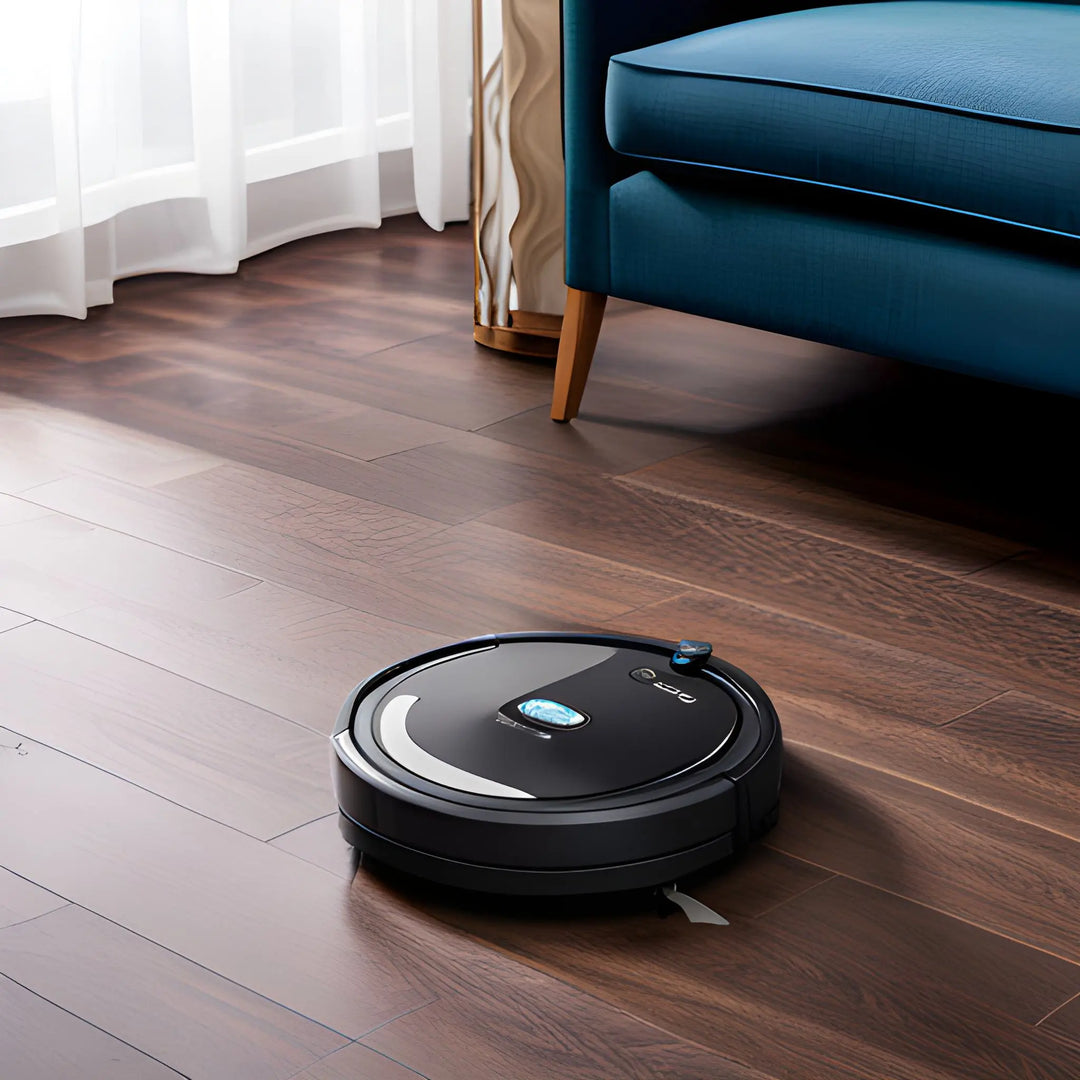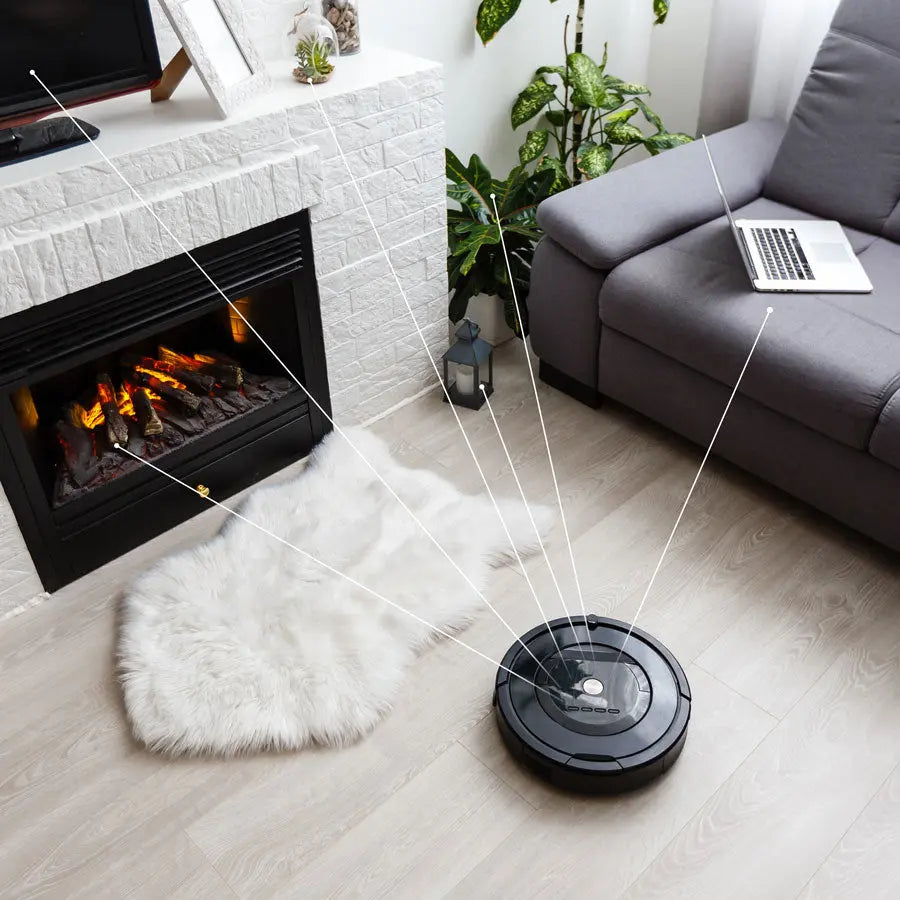Do Pets Adjust Easily To Robotic Vacuums
Do Pets Adjust Easily To Robotic Vacuums
Conventional vacuum cleaners are a thing of the past, it is time you switch to something better and more efficient — a robotic vacuum.
With so many diseases and infections prevalent across the world, it’s important to reduce the risk of them spreading. The best way to do it is by regularly cleaning and disinfecting the floors and surfaces with a good robotic vacuum cleaner.
Vacuuming can be an exhausting, time-consuming task, but when you get your hands on a good robotic vacuum cleaner, you will be able to remove even the most stubborn pet hair that is stuck to your beautiful carpet.
What are Robotic Vacuums?
Robotic vacuums and cleaning appliances need zero human intervention. They are programmed to clean every inaccessible corner in the house in a seamless manner. Robotic vacuum cleaners are a convenient option for deep cleaning your houses when you lack the time and energy to do it manually.
They come with an intelligent navigation system and a strong suction power and use special in-built sensors that help them clean the surface all by themselves.
Are Robotic Vacuums Pet-Friendly?
Robotic vacuums make for a worthy purchase for every house, especially the ones with a pet.
If you have a four-legged companion in your house, you are bound to encounter an endless amount of loose pet hair in every corner of your house.
A robotic vacuum can easily do a daily sweep for you and pick up all the shedding that your furry friend does. However, it is important to choose the right vacuum cleaner that your pet can comfortably get used to and settle with.
It is important to slowly and gradually introduce your pet to a vacuum cleaner so that they get accustomed to it. If you have a high-spirited pet who becomes extremely reactive to even the slightest of noise in the house, you might want to go for a slightly quieter version of a robotic vacuum cleaner.
However, with time, they will learn to settle with it and welcome it as an addition to their life.
Signs That Your Pet is Afraid of Robotic Vacuums
Because pets have an acute sense of hearing, they might appear nervous when exposed to a different noise sensation. Initially, they might display behavioral changes and tend to appear more nervous and aggressive. Here are a few other signs to look out for that tell you that your pet is afraid of the vacuum cleaners you just bought:
- As soon as you plug your cleaner on, your pet will try hiding under the furniture.
- Getting startled by the harsh sound and vibrations of the cleaner can cause the pets to excessively drool.
- Your pet will attempt to escape the area where the vacuum cleaner is being used by means of urinating, aggressively barking, or panting at a fast pace.
How To Get Your Pet Used To Robotic Vacuums
While pets can react quite adversely to robotic vacuums, they can also learn, over time, that the ‘new kid’ at home isn’t out to get them.
Here’s a few points to keep in mind when trying to get your pets to calm down:
- Just Wait: This generally works better for dogs - over time, they’ll simply decide that the vacuum isn’t a threat, and display mild annoyance at most. Make sure you stay around as well - if your pet sees you behave normally around the vacuum, they’re likely to do so as well.
- Keep Them Restrained: Some pets, instead of fleeing from the room, will instead attack the vacuum as a perceived threat. To counter this, keep them restrained by a leash or your arms. Slowly let them go - if they continue the aggressive behavior, keep them down for longer.
- Don’t Get Pushy: Remember that to smaller animals, vacuums can be terrifying, unfamiliar, noisy threats - so don’t push them too much. Take your time and show reassurance by staying close, petting them, and giving them treats.
- Know When To Give Up: Just like humans, animals too can have anxiety issues. If your pet is terrified to the point of extreme anxiety and stress, remember that your vacuum doesn’t have feelings - just reschedule its cleaning for when your pet is asleep or out on walks.
Final Words
It is important to take up every measure that will help your pet overcome their fear of robotic vacuum cleaners. Desensitize them to the concept of vacuum cleaners so they do not feel attacked next time you put the cleaner on. Gradually introduce them to the concept of cleaners.
Train them through principles of positive reinforcement, and every time their behaviors near the cleaners are under control, don’t forget to reward them with a treat!





